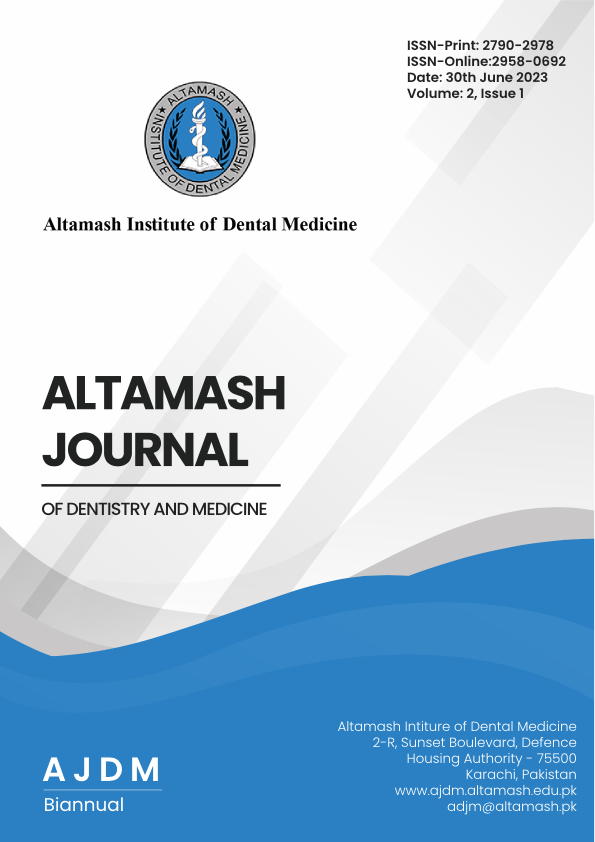Universal Health Coverage Implementation in Somalia: Opportunities and Challenges
Keywords:
Universal health coverage, Health services, Public health, Disease burdenAbstract
Universal health coverage (UHC) refers to enhanced access to quality healthcare services without incurring financial hardships. It encompasses palliative care, rehabilitation, treatment, prevention, and promoting good health (Rosenberg et al., 2015; MOH & FRH, 2018). Notably, in September 2019, the Ministry of Health and Human Services in Somalia partnered with UN, WHO, and other health organizations to develop a UHC roadmap for Somalia that delineates the priority action strategies and performance targets attainable by 2023. Primarily, the low UHC index of 22% was identified as one of the key concerns. Moreover, the essential UHC interventions in the country were only 14 out of the 219 recommended ones. Additionally, the healthcare system lacked essential platforms, including community-level, population-based, health centres, first level, and referral hospitals, which are crucial in delivery of services. Furthermore, extreme poverty, low availability of essential drugs, and poor public participation were highlighted as contributory factors (MOH & FRH, 2018). Assessing UHC roadmap implementation, and identifying key opportunities and challenges is crucial in gauging the progress achieved to date, and improving the strategies of achieving the set targets within the required time frame.

Downloads
Published
How to Cite
Issue
Section
License
Copyright (c) 2023 ALTAMASH JOURNAL OF DENTISTRY AND MEDICINE

This work is licensed under a Creative Commons Attribution-NonCommercial 4.0 International License.
Altamash Journal of Dentistry and Medicine is an open-access journal and is licensed under CC BY-NC 4.0. which permits unrestricted non-commercial use, distribution, and reproduction in any medium, provided the original work is properly cited.
To view a copy of this license, visit https://creativecommons.org/licenses/by-nc/4.0 ![]()





